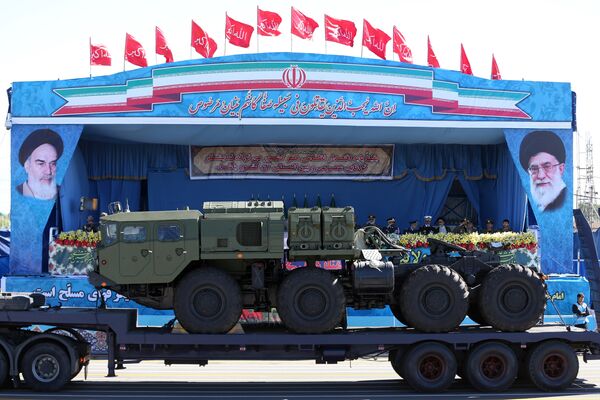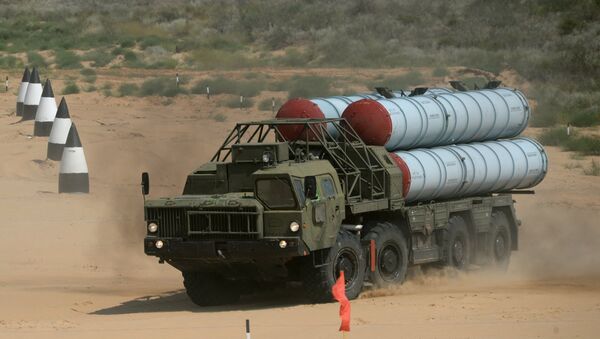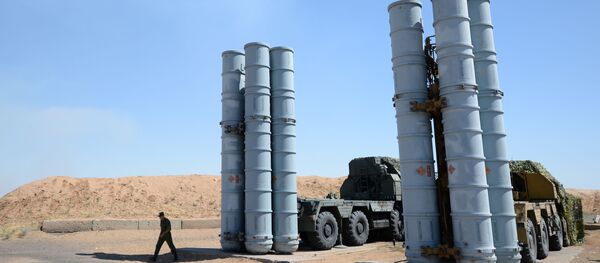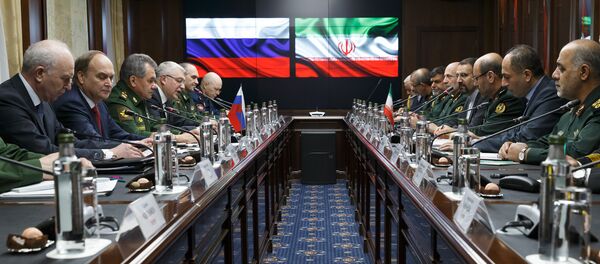"In view of the fact that Russia remains committed to its obligations and supplies the S-300 systems in strict accordance with the schedule, the Islamic Republic of Iran is no longer sees reasons for legal claims," Hosseini said.
He added that "Iran has already received a considerable proportion of the S-300 systems and the necessary training of personnel is now being fulfilled."
Hosseini also expressed hope that the contract will be fully implemented before the end of this year, in line with the previous deal.

In an interview with Sputnik, Ahmad Vakhshiteh, an expert on Russian-Iranian relations, said that he currently sees no reason for Tehran to be displeased with the situation.
He added that "both Iran and Russia admit the importance of bilateral cooperation, even though some time ago, Iran indeed made complaints concerning delays on the delivery of the S-300 systems – something that took place due to objective reasons."
"On the one hand, the anti-Iranian sanctions played their role, and on the other — Russia faced pressure and restrictive measures on the global stage. About three months ago, most of the S-300 systems were delivered to Iran and we expect subsequent deliveries. Therefore, it would be wrong for Iran to make any complaints about the matter," Vakhshiteh said.
He also pointed to the importance of Iran receiving the S-300 systems in terms of its domestic and foreign policy.
"By possessing such a defensive weapon, Iran is able to resolve at least two tasks at once. Firstly, it demonstrates the power of its army and national defense capability in the face of the enemy. Secondly, the S-300 has already become a symbol of fraternal ties between Iran and Russia and effective bilateral cooperation in the military sphere," he said.
Addressing the two's military-technical cooperation, Vakhshiteh said that modern-day global challenges and threats prompt Moscow and Tehran to expand this partnership.
"Our military cooperation in Syria will develop not only in order to help a friendly country to get rid of the yoke of terrorism, but also because security in Syria guarantees security in the Middle East and beyond. Our close military collaboration adds greatly to stability and security not only in Syria, Iraq and the entire Middle East, but even in Central Asian countries," he said.
The 800-million-dollar Moscow-Tehran contract to deliver Russian S-300 systems to Iran was signed in 2007. It was suspended after the adoption of UN Security Council sanctions against Iran in mid-2010.
Russian President Vladimir Putin lifted the S-300 delivery ban in April 2015, shortly after the P5+1 group of international negotiators and Iran reached a framework nuclear agreement to remove all economic sanctions against Tehran in exchange for its pledge to ensure that all nuclear research in the country will be for peaceful purposes.




